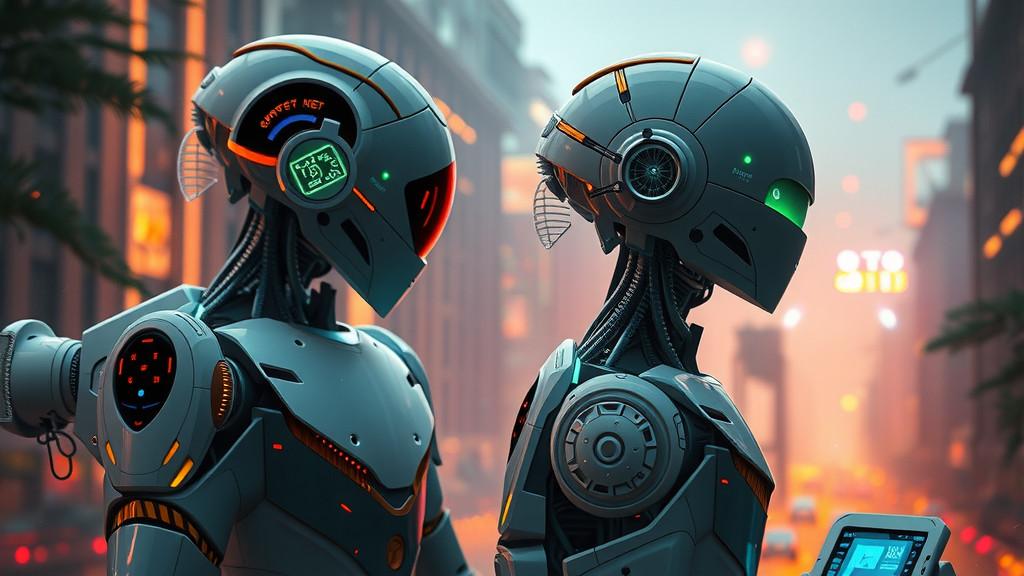As we step into 2025, the integration of Artificial Intelligence (AI) into various sectors has become more than just a futuristic vision; it's a present reality. From healthcare to environmental management, and from personal computing to the workforce, AI's footprint is expanding rapidly. This cover story delves into the latest developments in AI, exploring its potential to revolutionize industries, the ethical considerations it raises, and the innovative solutions it offers to some of today's most pressing challenges.
AI Joins the Workforce: A New Era Begins
Sam Altman, CEO of OpenAI, has announced a groundbreaking prediction: AI will join the workforce in 2025. This move towards Artificial General Intelligence (AGI) aims to create AI agents that can perform tasks as efficiently as humans, potentially transforming the output of companies. However, this advancement brings with it concerns over job displacement and the need for a balanced approach to integrating AI into our daily lives.
Revolutionizing Healthcare with AI
In the healthcare sector, AI is making strides in improving efficiency and patient care. Tools like DAX Copilot are being used by doctors to transcribe and summarize patient visits, significantly reducing paperwork and allowing more time for patient interaction. This innovation not only enhances the quality of care but also addresses the issue of physician burnout by streamlining administrative tasks.
CES 2025: AI's Quiet Evolution
The Consumer Electronics Show (CES) 2025 highlighted the pervasive yet understated evolution of AI. Despite the hype, tangible advancements were scarce, indicating that we are in the nascent stages of consumer AI. Nvidia's CEO, Jensen Huang, emphasized the transformative potential of AI across industries, showcasing the company's commitment to leading the AI revolution.
Nvidia's Mini Supercomputer: Democratizing AI
Nvidia's Project Digits represents a significant leap in making AI accessible to a broader audience. This mini supercomputer offers unparalleled computing power at a fraction of the cost, enabling researchers, developers, and businesses to innovate without the need for massive cloud computing resources. It's a step towards democratizing AI, allowing for local development and deployment of AI models.
AI and Environmental Challenges
Amidst the advancements, the environmental impact of AI cannot be ignored. Researchers are exploring AI-powered solutions to combat wildfires, a direct response to the increasing frequency of such disasters. However, the irony lies in the fact that AI's development contributes to environmental degradation, highlighting the need for sustainable practices in AI innovation.
Key Takeaways
The integration of AI into the workforce and various industries is set to redefine productivity and innovation. While the potential benefits are immense, it's crucial to address the ethical, environmental, and societal implications of this technological evolution. As we navigate this new era, the focus should be on harnessing AI's capabilities responsibly and sustainably.
Sources
- AI might join the workforce in 2025, according to Sam Altman
- AI may listen in on your next doctor’s appointment
- CES 2025: A Year Of AI Hype And Quiet Evolution
- Beyond Cloud: Nvidia’s Mini Supercomputer Brings AI on
- While AI Causes Climate Change, Nvidia Scientist Proposes AI-Powered Firefighting Robots
